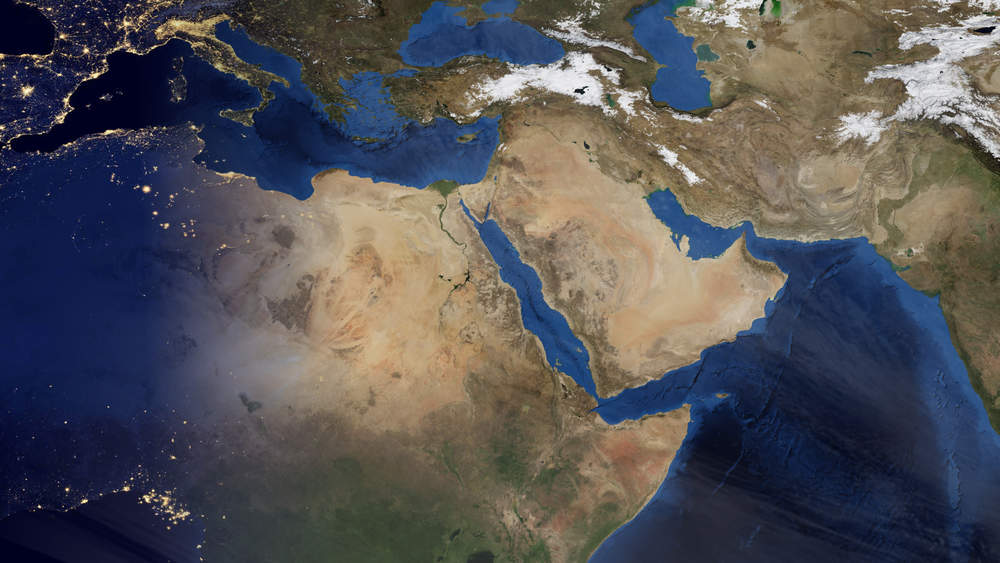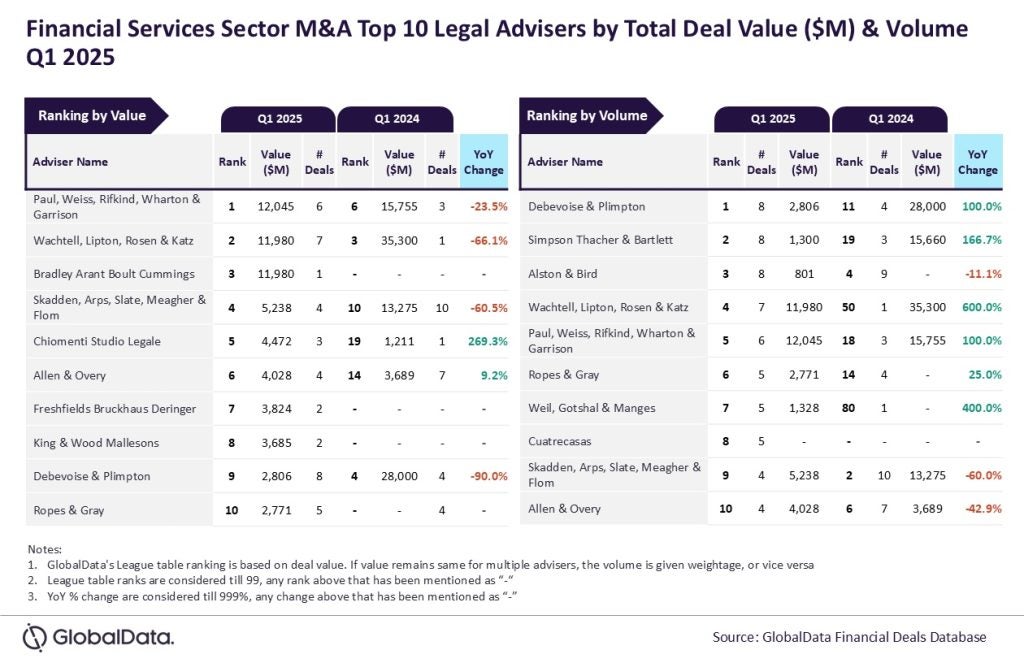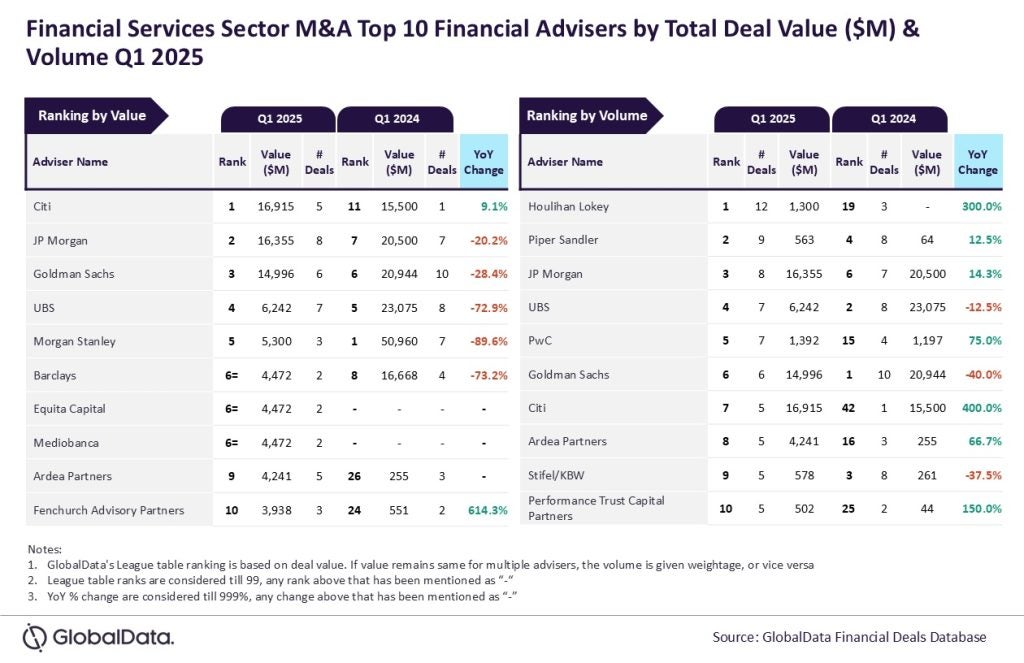
Cash dominates the consumer payments market across large chunks of the Middle East and Africa. However, cards are starting their fightback. Patrick Brusnahan looks into Saudi Arabia, Nigeria, Israel and Egypt with the help of GlobalData’s research
Saudi Arabia uses a staggering amount of cash. According to GlobalData, 92.4% of consumer payments, and most low-value transactions, are carried out with cash.
Usage of payment cards is rising, but this is mainly for cash withdrawals at ATMs.
The average annual spend per card in Saudi Arabia stood at $2,478 in 2016, much lower than in neighbouring Israel ($8.025). Nigeria is in a similar position: Payment card penetration is startlingly low, at 0.2 cards per inhabitant.
Cash accounted for 95.7% of Egypt’s overall payments volume in 2016. Card penetration is also low in Egypt, with only 22.6 cards per 100 individuals. In contrast, Israel is one of the most developed payment card markets in the Middle East.
In 2016, there were 155.4 transactions per card, compared to 99 in Saudi Arabia, 62 in Iran, 54.9 in Kuwait, and the UAE with 49.8.
Cards instead of cash
Israeli customers still have an inclination towards cash, despite the abundance of cards. As a result, the Bank of Israel has made several regulatory interventions to boost electronic payments and reduce dependence on cash, such as introducing a cap on cash transactions.

US Tariffs are shifting - will you react or anticipate?
Don’t let policy changes catch you off guard. Stay proactive with real-time data and expert analysis.
By GlobalDataIn addition, new types of banking, such as mobile-only, are starting to be allowed into the market, such Bank Leumi’s Pepper.
Pay later cards have a greater market presence than debit cards in Israel. To combat this, the Israeli government requires banks to offer debit cards free of charge to new and existing accounts. In addition, it has reduced interchange fees on debit card transactions and abolished bank fees for debit card transactions.
A number of moves have also been made in Saudi Arabia to promote debit cards. The Wages Protection System, introduced in June 2013 and implemented in phases, mandated that employee salaries were paid directly into bank accounts. From November 2015, it became mandatory for companies with 100 or more employees to transfer salaries into bank accounts.
Mada, a new modified electronic payment system, was launched by the Saudi Arabian Monetary Agency in September 2015. All cards are issued by local banks and can be used at all ATMs and POS terminals operated by local banks in the country.
The Central Bank of Egypt has also attempted to promote payments cards. In 2011, a project was launched to pay the salaries of 5m government employees directly into their bank accounts. New government departments are being added to the project every year. This has successfully led to an increase in the number of debit cards and bank accounts in Egypt.
 Compliant credit
Compliant credit
As in many Middle Eastern countries, credit card usage in Saudi Arabia is low for religious reasons. Islam forbids the receipt or payment of interest. As a result, banks have started to offer a wider range of Sharia-compliant credit cards. Close to all leading credit card issuers now have this option.
Promotional offers are also in place to encourage credit card use, mainly through gifts, reward points, travel privileges and insurance.
Credit cards accounted for a minor 4.6% of the total payment cards transaction value in 2016. However, between 2012 and 2016, the market recorded growths in CAGR for both transaction value and volume, at 17.23% and 21.03% respectively.
Credit cards are not faring well in Nigeria either. They totalled 2.8% of Nigeria’s payment cards transaction value in 2016. Penetration is very low at 0.6 cards per 100 inhabitants.
It can be said, however, that this is a massive opportunity for credit card issuers. O3 Capital Nigeria launched the country’s first non-bank credit card in September 2014. With its chip-and-PIN security, relaxed qualification criteria and high merchant acceptance, it looks set to give the market a boost.
Faring slightly better in Egypt, credit cards have a penetration of 3.5 cards per 100 inhabitants. However, religious reasons are hindering its progress, as is the ongoing issue of generally low acceptance among Egyptian merchants.
Israel’s credit card market is largely composed of the three main credit card issuers, which are owned by the country’s main banking groups. Isracard, Leumi Card and ICC Cal have all gone unchallenged, mainly due to the barriers to entry for foreign issuers. As foreign firms lack the wide branch networks and distribution points of domestic issuers, it has become hard to compete.
To crack down on the duopoly of Bank Leumi and Bank Hapoalim, both have been required to separate ownership of their credit card companies. Standalone credit card units are being encouraged to become banks through incentives such as lower capital requirements. This is expected to increase competition in the space.
Alternatives
Egypt’s e-commerce market is starting to flourish. Despite limited financial literacy and payment infrastructure, Egypt’s e-commerce market grew from $1.2bn in 2012 to £3.1bn in 2016. GlobalData expects this to reach $6.6bn by 2020.
Cash on delivery remains the preferred mode of payment for e-commerce transactions, accounting for 62% of the total e-commerce transaction value in 2016. Payment cards took 20.3% of that value.
Digital wallets are gaining prominence, with 6.7% of the total e-commerce transaction value in 2016. CIB, Banque Misr and NBE are just a few of the prominent providers.
Israel saw Mastercard’s Masterpass launch in November 2015, with PayPal, ICC Cal and mobile carrier service provider Pelephone also having active presences in the market.
The e-commerce transaction value has grown rapidly in Saudi Arabia, from $1bn in 2012 to $3.5bn in 2016. This has been attributed to the rise in internet penetration in the country, and improved regulation. The Ministry of Commerce and Investment introduced the first draft of the E-Commerce Law in February 2015 to increase the competitiveness of the e-commerce market, and to enhance customer trust in online retail. In addition, laws issued in 2015 required online merchants to list all terms and conditions, product information, addition charges, and delivery dates. Non-compliant companies are charged SAR1m ($266,628).
Contactless technology is also slowly gaining prominence in Saudi Arabia with the help of government initiatives.
In September 2015, Riyad Bank launched the first contactless cards in the country. SAMA launched a contactless payment service, called Mada Atheer, in November 2016 and other banks and card issuers are expected to follow the trend.
Nigeria is also embracing contactless. United Bank of Africa (UBA) launched its first contactless debit cards in November 2015. This followed an agreement between UBA, Access Bank, FirstBank, Zenith Bank, Skye Bank, and Diamond Bank to launch PayAttitude in May 2015, an NFC-enabled tag-based mobile payment solution.
 Drivers
Drivers
According to the General Authority of Statistics, immigrants accounted for 10.9m of Saudi Arabia’s total population of 32.2 million in 2016. Migrant workers often use banking products, such as current accounts and payment cards to conduct financial transactions and remit funds to their home countries. Outward remittances rose from $29.5bn in 2012 to $37.2bn in 2016.
Internet penetration reached 69.6% in 2015, which can also aid online payments over the next five years. Smartphone penetration is not far behind at 65%. Banks such as Al Rajhi Bank, Samba Financial Group and NCB have partnered with merchants and online retailers to provide secure payment facilities for mobile phones and online.
Nigeria’s economically active population, aged 15-64 years, made up 54% of its 185.3 million strong population. This offers scope for banking and card payment services.
The government introduced the Nigerian Broadband Plan (2013-2018) to provide internet access to the large population, with an ambitious aim to increase internet penetration fivefold. This is set to greatly increase e-commerce and m-commerce, in turn benefiting the local cards market.
Egypt’s population is set to reach nearly 100 million by 2020, according to the Central Agency for Public Mobilisation and Statistics. With 62.6% of the population being economically active, this offers a significant opportunity for financial products. In addition, a third of the population have internet access, which can generate growth in card payments.
POS terminals in the country recorded a CAGR of 11.9% between 2012 and 2016, growing from 42,544 to 66,781. GlobalData forecasts them to reach 96,792 by 2020.
Bank branches have also increased to 3,903 in 2016 from 3,610 in 2012. This has made cards and banking more accessible to consumers.
Smartphone and internet penetration were fairly high in Israel, at 78.9% and 59% respectively. Israel’s position as one of the world’s most technologically advanced countries will aid the growth of electronic payments.
While the Africa and the Middle East are still very much cash economies, that will not be the case for much longer. With aid from their respective regulators and governments, cards and alternative payments are receiving a much-needed boost.
Will cards displace cash? Not in the short term, but they will definitely grasp a decent market share.







